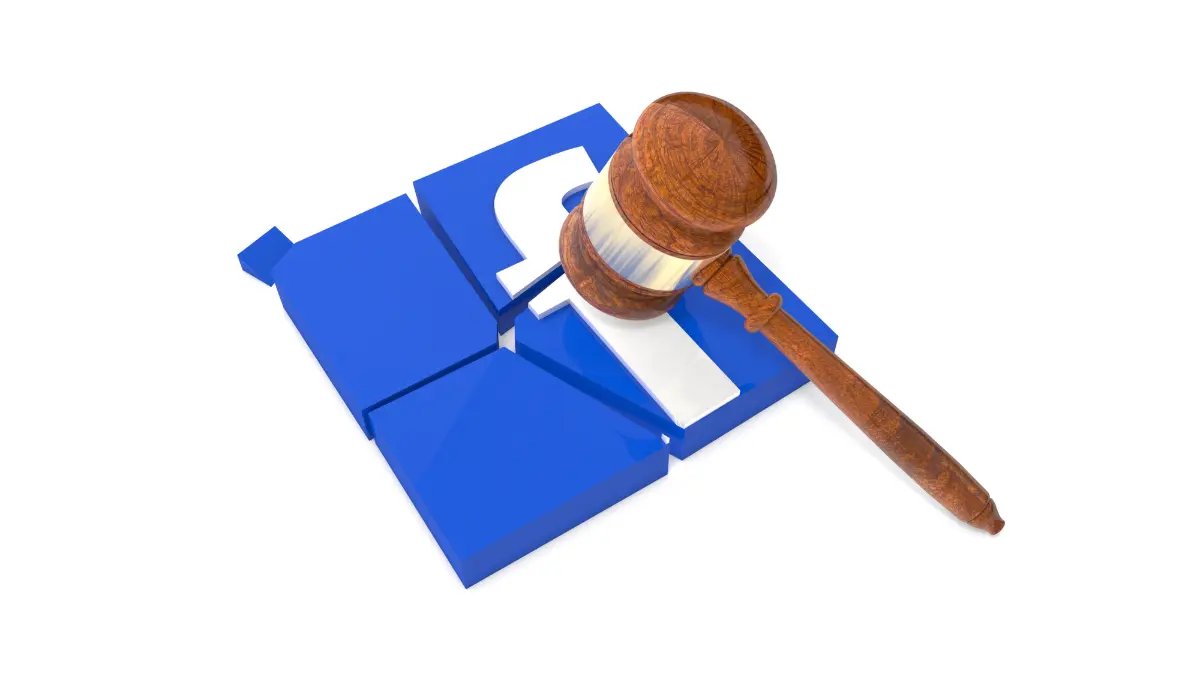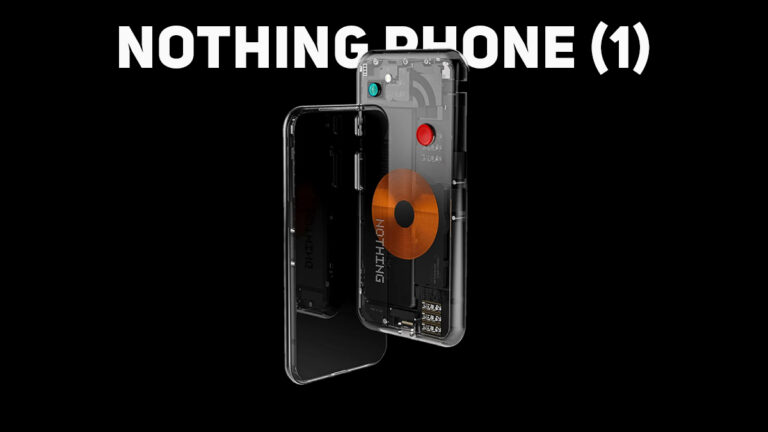Facebook To Pay $550M For Storing Facial Recognition Data Without Consent

Facebook will pay $550 million to settle a class-action lawsuit over its use of facial recognition technology. The lawsuit claims that Facebook illegally collected and stored biometric data for millions of users without their consent, thus violating Illinois consumer privacy law.
The news, first reported by The New York Times, was disclosed by Apple during its fourth-quarter earnings report. While the settlement amount seems huge, it’s a fraction of the $35 billion Facebook could have faced at most.
Facebook’s Facial Recognition Lawsuit
The case against Facebook’s facial recognition tech has been going on since 2015. According to the lawsuit, Facebook’s previous version of the Tag Suggestions tool scanned a user’s face in pictures uploaded to the platform. It offered suggestions on who that person might be, tagged that person in a photo, and created a link to his or her profile.
But to do that, Facebook stored biometric data without user consent and violated the Illinois Biometric Information Privacy Act. Similar suits were filed against Snapchat, and Google as well.
It was in 2018 when Facebook started introducing more transparency while explaining its facial recognition tech to users. It started directing people to a settings page where they could disable it.
After years of keeping facial recognition tech as a default option, last year, Facebook decided to make facial recognition on the platform opt-in only.
Facebook Pays $550 Million Settlement
In 2018, a federal judge ruled in favor of making the facial recognition case a class-action lawsuit. While Facebook appealed that ruling, it lost the appeal in a 3-0 court decision in August 2019.
The amount of $550 million received in settlement from Facebook will be paid out to eligible Illinois users and to cover the plaintiffs’ legal fees. Even though $550 million is a big amount, it’s peanuts for Facebook, which generated revenue of $21 billion for Q4 2019.
Meanwhile, in an official statement, Facebook says it settled because “it was in the best interest of our community and our shareholders to move past this matter.”






